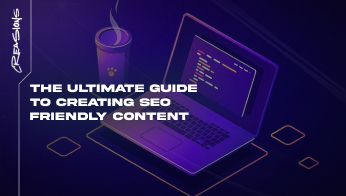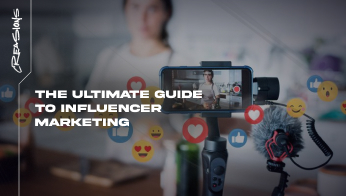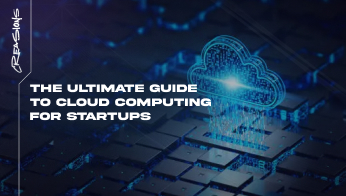
Digital marketing has become an essential part of the business landscape, enabling companies to reach their target audience more effectively and efficiently. This blog explores various digital marketing strategies, their benefits, and how businesses can implement them to achieve their marketing goals.
1. Introduction to Digital Marketing
Digital marketing encompasses all marketing efforts that use an electronic device or the internet. It leverages online platforms such as search engines, social media, email, and websites to connect with current and prospective customers.
2. Search Engine Optimization (SEO)
SEO is the process of optimizing a website to rank higher in search engine results. This involves keyword research, on-page optimization, technical SEO, and link building. A strong SEO strategy can drive organic traffic and increase visibility.
3. Content Marketing
Content marketing focuses on creating and distributing valuable, relevant, and consistent content to attract and engage a target audience. This can include blog posts, articles, videos, infographics, and more. Effective content marketing builds brand authority and fosters customer loyalty.
4. Social Media Marketing
Social media marketing involves promoting a brand and its content on social media platforms to increase brand awareness, drive traffic, and generate leads. Popular platforms include Facebook, Instagram, Twitter, LinkedIn, and Pinterest. Engaging with users and leveraging paid advertising options can enhance social media marketing efforts.
5. Email Marketing
Email marketing is a powerful tool for nurturing leads, building relationships, and driving conversions. By sending targeted and personalized emails, businesses can stay connected with their audience and deliver relevant content, promotions, and updates.
6. Pay-Per-Click (PPC) Advertising
PPC advertising allows businesses to display ads on search engines and other online platforms, paying a fee each time the ad is clicked. Google Ads and Facebook Ads are popular PPC platforms. PPC campaigns can generate immediate traffic and are highly measurable, allowing for optimization based on performance.
7. Influencer Marketing
Influencer marketing involves partnering with influencers who have a large and engaged following to promote a brand or product. This strategy leverages the influencer’s credibility and reach to tap into new audiences and build trust.
8. Analytics and Data-Driven Marketing
Data-driven marketing relies on analytics to measure and optimize marketing efforts. Tools like Google Analytics provide insights into website traffic, user behavior, and campaign performance. By analyzing this data, businesses can make informed decisions and improve their strategies.
Conclusion
In conclusion, digital marketing is a multifaceted approach that offers numerous strategies to connect with and engage a target audience. By implementing SEO, content marketing, social media marketing, email marketing, PPC advertising, influencer marketing, and data-driven tactics, businesses can achieve their marketing goals and thrive in the modern business landscape.









